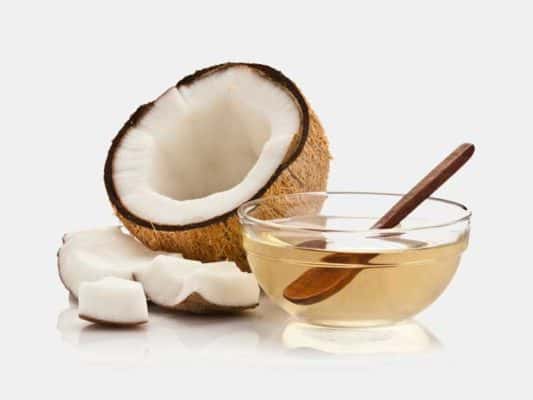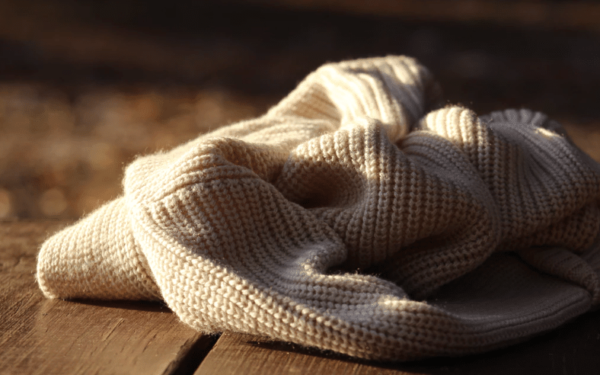There’s just something romantic about the cold weather. Cozy, fireside hot chocolate, Netflix and chillin’, and all the cuddling in the world.
But, there’s also an ugly side to winter: dry skin! I don’t know about you ladies, but my face and hands suffer greatly in the cold, windy winter days. It’s as if the cold air gets in my pores and just cracks them. I usually curse the weather before walking out the front door. Definitely not my cup of tea!
Some women might have dry skin year-round, but it is far more common during the chilly months. If you already have skin problems like eczema or psoriasis, it’s a good idea to consult your dermatologist before winter kicks in. As you’d want to prevent major flare-ups.
The main reason why our skins get so dry in the winter is that there is no humidity in the air. Our hair might thank the drier air, but our skin doesn’t! Cold air has less moisture than warm air, and strong winds on top of that is a no-no. Harsh winter winds strip the skin of its natural lipids, a barrier that keeps skin from drying out.
The skin is a water-containing barrier that protects the body from the environment. In the winter, the low humidity and harsh winds accelerate the water loss through the skin. Even worse, walking into a heat-pumping building straight from being outside, dries the skin out more. So, the mix of the two environments is our skin’s worst enemy.
Lucky for us, there’s still time to get into a daily routine to ensure our skins stay hydrated and soft during the long hauls of winter. Winter may be coming, but that doesn’t mean our skins should stop glowing! Here are some tips to combat dry skin this winter:
Moisturizers Are Your Best Friend

Apply lotion or cream to your face and hands at least twice a day. Be sure to use something that contains ingredients like glycerin that can hold moisture in your skin. Within two minutes after showering, apply body lotion all over your body to lock in moisture. Be sure to use gentle lotions like Cetaphil to preserve your skin’s natural oils.
Pay special attention to body parts that might be exposed outside, such as face, hands, ankles, and wrists. To help the skin to maintain the moisturizer, wear protective gear like scarves and gloves. Those will really help shield the skin from the air. Pro tip: avoid putting on powder and try tinted moisturizers instead.
The Magic of Coconut Oil

You’ve probably seen or heard the hype of coconut oil, and it’s definitely worth all the noise! According to Dr. Frances Prenna Jones, one of the top dermatologists…
“Coconut oil is a great emollient if the barrier function of your skin is disturbed. It’s great at repairing and restoring this quickly as it is rapidly absorbed into the epidermis.”
For your face, it’s best to use coconut oil as a makeup remover or cleanser. This way, your face can get the benefits of it without being too oily. But other parts of your body aren’t as reactive to coconut oil as your face is, so feel free to use it as a body lotion.
Lower the Heat in Your Apartment

Although it might be tempting to blast the heat at home, it does more harm than good. Besides the obvious, drying out skin, heat also dries out your mucous membrane, chaps up your lips, leads to dry noses that cause nosebleeds, and makes your throat hoarse.
Set the thermostat at the lowest temperature that’s comfortable, especially while sleeping. You might also want to invest in a humidifier that’d restore some moisture in your bedroom. That’ll really help hydrate dry skin, and even make you breathe better.
Limit Taking Long, Hot Showers

This one is hard. Personally, nothing feels better than taking a long, steamy shower after being out in the frigid weather. However, being in a hot shower can actually dry out your skin even quicker.
So, it’s best to shower or bathe in lukewarm water and not stay in the shower for more than ten minutes.
Remember to Drink Water

Although you might not feel thirsty as much as you did in the summer, it’s important to stay hydrated year-round. You lose so much water through your skin no matter the season. It’s worse if you spend most of the day in a heated office.
Being dehydrated makes your skin look and feel shriveled. If drinking just cold water is hard, then try drinking decaf herbal tea.
Eat the Right Kinds of Fats

This one is not so obvious. Your skin cells are wrapped in a protective coating of lipids that help keep the skin soft and flexible. So, if you’re not eating enough fatty acids, then your body won’t have the adequate building blocks to maintain this protective layer of skin.
Omega-3 fatty acids are the “good” type of fats, found in salmon, mackerel, tofu, walnuts, soybeans, and flaxseeds.
Avoid Direct Skin Contact with Wool Clothing

Who doesn’t like a good cozy wool sweater? But wool contains scratchy fibers that can really irritate your skin. Always make sure to wear cotton, silk, or other smooth fabrics underneath that wool sweater. Those natural fibers help your skin “breathe” and absorb sweat.
Anyway, it’s always a good idea to wear layers in the winter, so you can adjust to different heat settings indoor and not overheat.
Be sure to follow these tips to keep your skin feeling smooth and soft during the winter months. Head into the holidays with healthy, hydrated, and happy skin!


